Economics
BSc (Hons) in Economics Year 1
Programme Objectives
The BSc (Hons) in Economics aim to equip students with a thorough understanding on the various aspects of economics, including microeconomics and macroeconomics, in relations to global and national economic trends, national policies, highlighting the link between theoretical aspects and real-world applications. The program seeks to equip students with a sound appreciation on the workings of an economy, different market conditions and their inter-relationships with other relevant social sciences. Our analytical approach provides the students with the tools of analysis necessary to approach problems and decision-making of complex socio-economic issues.
Subjects
Year 1 – Foundation
1. Business Mathematics
Business mathematics is a form of mathematics used by businesses or financial institutions to record and manage business operations. Topics include interest, annuity, trade discounts, mark-ups/downs and bank notes. This module is also designed to help student with analytical skills and find the solution by way of calculations.
2. Study Skills
This module is specially designed to equip students with academic writing skills. It is aimed at reinforcing essay composition skills and introduce students to the practice of writing for academic purposes. It will prepare students for work in high level English courses in which research writing is a requirement by introducing basic research writing skills. The course will place equal or greater emphasis on plagiarism and oral presentation.
3. Fundamentals of Management
The course focuses on important management functions such as planning, organizing, leading and controlling for successful managerial activities. The students will learn how successful managers use organizational resources through organizational functions in order to effectively and efficiently achieve organizational objectives.
4. Introduction to Accounting
This module is an introductory course in financial accounting theory and practice. It introduces basic accounting concepts and practices that are essential for students who have no background in accounting and are completing a course in business studies. It covers the complete accounting cycle and critical accounting areas including cash receivables, inventories and fixed assets. The topics include among others a basic understanding of the role of accounting in business, analyzing transactions, matching concept and adjustments of entries, accounting for trading businesses, internal controls and special journals, and partnership.
5. Cambodia Public Administration
This module introduces students to the concepts and practice of public administration in Cambodia. Public administration is the implementation of government policy and this module offers insights to this process. It highlights the various key organs, relevant law and important legal documents related to the formulation and implementation of public policies in Cambodia. This module also introduces students the forms and use of official administrative letters in Khmer context. Finally, the protocols in the process of administrative management are explained.
6. Basic Economics
Economic issues play a very important part in all our lives, as citizens, as consumers, and as employees or employers. Understanding economic terminology and being able to use economic principles, concepts and tools can assist us to make more effective decisions in our personal and professional lives. Introduction to economics is a course that offers a basic foundation in economics. Major topics covered include the fundamentals of economics and the economy; the tools use to analyze and understanding the situation in the basic model; demand and supply and the market structure; role of government.
7. Communication Skills
Successful people today need hard skills, soft skills and ability to communicate internationally. How to communicate with the protocol is even more important for everyone. This module is designed to help students make the best use of their abilities and help them study and learn effectively. The topics covered include how to be a good learner, getting the most out of lectures, effective reading and notes-making, critical and creative thinking, writing good English and writing better assignments and essays.
8. Khmer Cultural Studies
Khmer cultural studies introduces the cultural and societal practices common in the land of Cambodia. It covers religious practices and superstition, birth and death, food and drinks, music and dance, language, and others. This course is particularly designed to help students especially Cambodian ones to absorb more knowledge of their culture, tradition and origin. In fact, there is no culture better or worse. Therefore, students will be cultivated to loves their own culture and value the others.
9. Introduction to Business
This module covers the key elements of businesses operating in a global environment. In this module, you will be introduced to key topics in ownerships, management, marketing, accounting, finance, information system and legal aspects of doing business. As an introductory module, it offers an overview on the various environmental factors which a business organization must consider as it ventures into the global arena.
10. Introduction to Information Technology
This module provides an introduction to information systems and information technology for business students to help them to learn how to use and manage information technologies, conduct electronic commerce, improve decision-making, and gain competitive advantage in the marketplace. It therefore emphasizes on the role of Internet technologies as a technology platform for electronic business, commerce, and collaboration within and among corporations.
Career Opportunities
Graduates of this degree are equipped with the necessary knowledge, skills and practical expertise to work in a wide range of industries and in both public and private sectors. Our Economics degree graduates can work in either the manufacturing or service organisations in positions such as:
Data analyst

Investment Planner
Business Analyst

Project manager
Economist

Policy Analyst

Fund Manager
Financial risk analyst
Political risk analyst

Risk manager

Research Manager

Compliance officer

Statistician

Stockbroker
Start your journey with EAMU today.
Contact us for more information.
